Decades of Delivering Service and Expertise to Solving Problems
May is Asian American, Native Hawaiian and Pacific Islander Heritage Month! According to the U.S. Census Bureau, Asian American, Native Hawaiian and Pacific Islander Heritage Month began as Asian/Pacific American Heritage Week in 1978 with a joint congressional resolution. Congress expanded the observance to one month in 1992, renaming it Asian American and Pacific Islander Heritage Month. Most recently, the heritage and cultures of the original people of Hawaii have also been celebrated this month, leading some organizations—including United Way of King County—to include Native Hawaiian in the celebratory month’s title.
United Way celebrates Asian American, Native Hawaiian and Pacific Islander Heritage Month by recognizing individuals from the United Way community who have played key roles in helping make lives better for King County residents. Here featured is David Okimoto, former United Way of King County senior vice president.
David Okimoto’s curriculum vitae reads like a timeline of tackling King County’s most pressing challenges. From the 1970s to today, United Way of King County’s former senior vice president of community services has been in the room where it happens, helping to implement initiatives and craft solutions that serve county residents from all walks of life.
Who else can claim to be founding board member/past executive director of Asian Counseling and Referral Service AND former executive director of Atlantic Street Center AND former United Way senior vice president AND former United Way board member?
Okimoto has helped address the needs of children, parents, seniors, the people experiencing financial instability, people experiencing homelessness, mental illness and discrimination for decades. At United Way alone, Okimoto brought in the concept of community impact, helping United Way move from funding general services and investing our dollars widely in an unfocused way to focus our dollars in key areas of work so that our investments could make significant impacts on challenges. Those three areas—making sure people have homes, students graduate and families are financially stable—remain United Way’s focus and mantra.
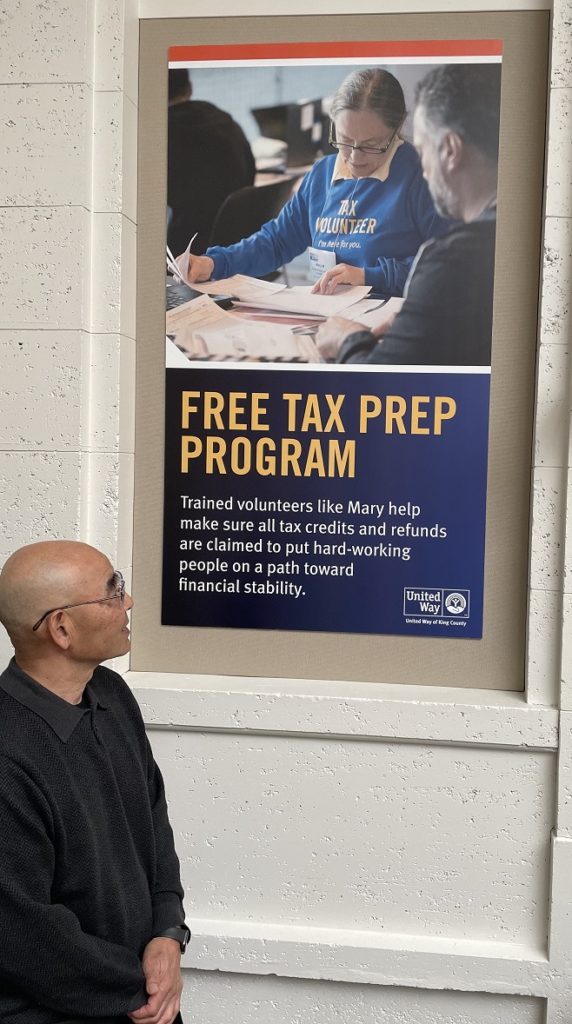
Retired for 10 years, he now watches from afar the impact of initiatives he helped put in place.
During a recent visit to United Way’s Second Avenue headquarters, Okimoto stood beneath a life-sized poster of one of the programs he helped launch: the Free Tax Preparation Campaign, which is a key part of our goal to help people rise out of poverty. In this year alone, the Free Tax Preparation Campaign served 6,350 clients in 11 weeks and leveraged $10.9 million in federal tax refunds, including $2 million in Earned Income Tax Credits and $3.2 million in Child Tax Credits.
Okimoto was also instrumental in helping lay the groundwork for United Way’s early childhood initiatives, particularly the ParentChild+ program. Through the program, trained home visitors to go into people’s homes twice a week for two years and model to parents how to engage (through play and reading) their 2- to 4-year-old children so that the parents become the youngster’s first and best teacher.
“At the time there were several of us who wanted to bring the importance of early childhood education to the fore, to make it a priority for people to understand how important it is to invest time and money into the very early years from infancy,” said Okimoto. “That really worked very well. We did our part at United Way, but the city adopted that as a priority. The state recognizes it as a priority.”
“I was pleased to be part of different initiatives at the state level, with families and education, at the city level,” Okimoto added. “You have a lot of people talking about that now and talking about the fact that investing early is the best money we can invest. And [United Way Director of Early Learning] Karen Howell Clark put the whole [ParentChild+] strategy together.”
Prior to United Way, Okimoto was executive director of Atlantic Street Center, a South Seattle-based nonprofit that offers family support, counseling, youth development and early learning services. Okimoto helped Atlantic Street Center develop its asset development model, offering more preventative services rather than treatment services.
“David is a strong leader who is very intelligent, discerning, respectful, responsible, and works well with people from many different cultural backgrounds,” said Edith Elion, former Atlantic Street Center executive director who worked with Okimoto at the organization. “David is respected by many and has made lasting contributions to the communities he’s served.”
A third-generation Japanese American, Okimoto was born and grew up on a farm in Auburn. His grandparents, who came from Hiroshima to the U.S. to farm, and his parents were all incarcerated at the Tule Lake Concentration Camp during World War II. Then President Franklin Delano Roosevelt issued an executive order that forcibly removed more than 100,000 Japanese Americans from their homes.
After graduating from the University of Washington with a degree in psychology, Okimoto began working at Harborview Medical Center, where he saw patients with mental illness that had been released from state hospitals following the 1963 Mental Retardation and Community Mental Health Centers Construction Act. The measure was to help improve mental health through grants to build community mental health centers, but the measure was never fully implemented.
“There were a lot of mentally ill people treating themselves through drugs, self-medicating,” said Okimoto. “And we saw a number of Asians at Harborview, who didn’t speak English and had been incarcerated [in concentration camps], and they had no place to go.”
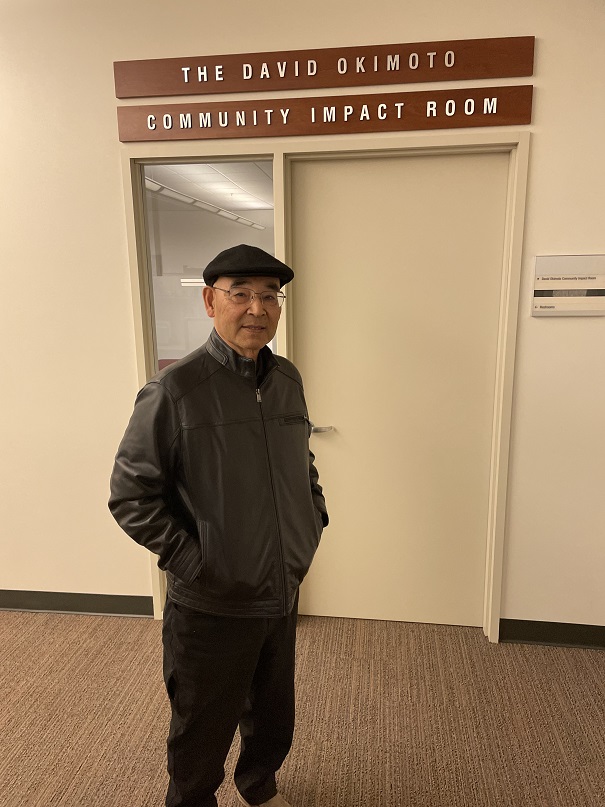
Okimoto in 1973 helped found Asian Counseling and Referral Service, an organization that promotes social justice and economic empowerment by offering community-based services or Asian Americans and Pacific Islanders while advocating on their behalf.
Though retired, Okimoto remains active in community service work, particularly with seniors and the business sector. He believes that King County has potential to solve many of the problems it has been grappling with for years.
“I’d like to see [King County] as a community where we work together,” Okimoto said, “and take full advantage of the diversity of people from different cultures, communities and races to make it a really exciting, vibrant place for people to be creative, to be generous and to be kind.”

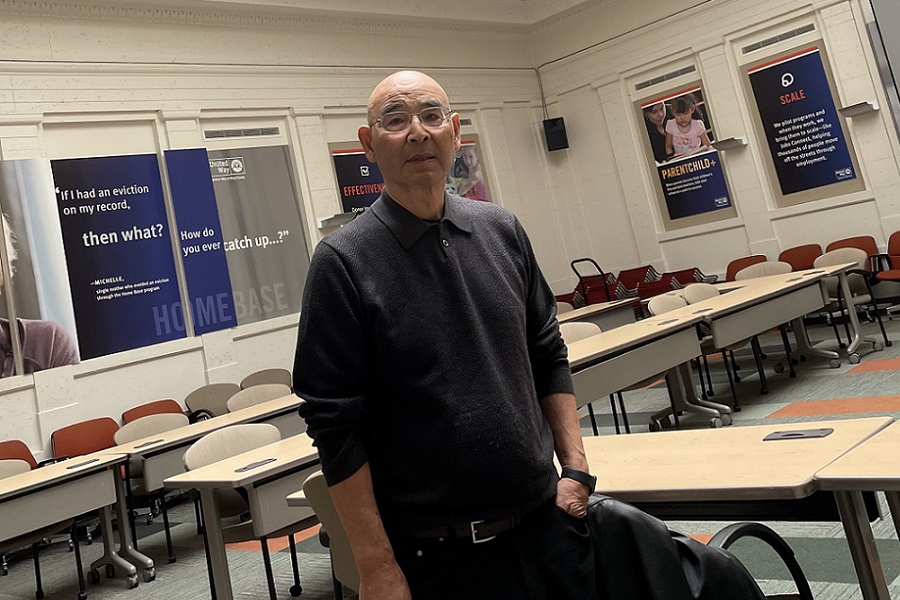
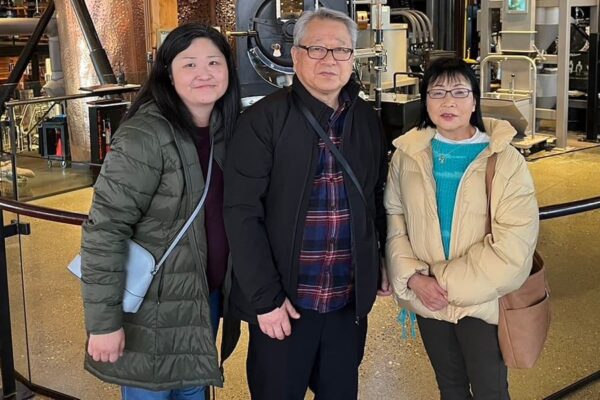
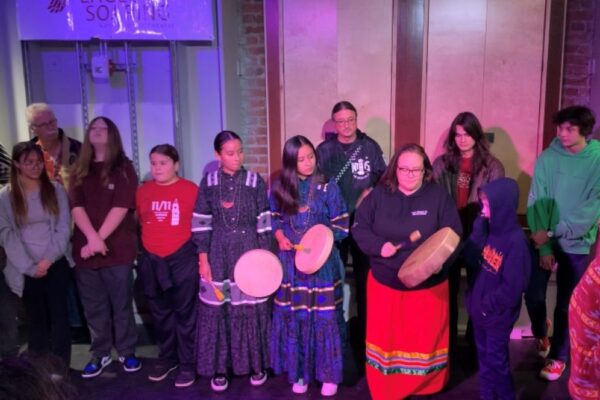
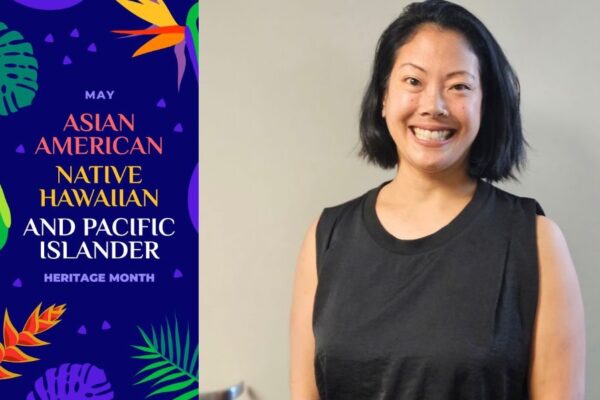
Comments